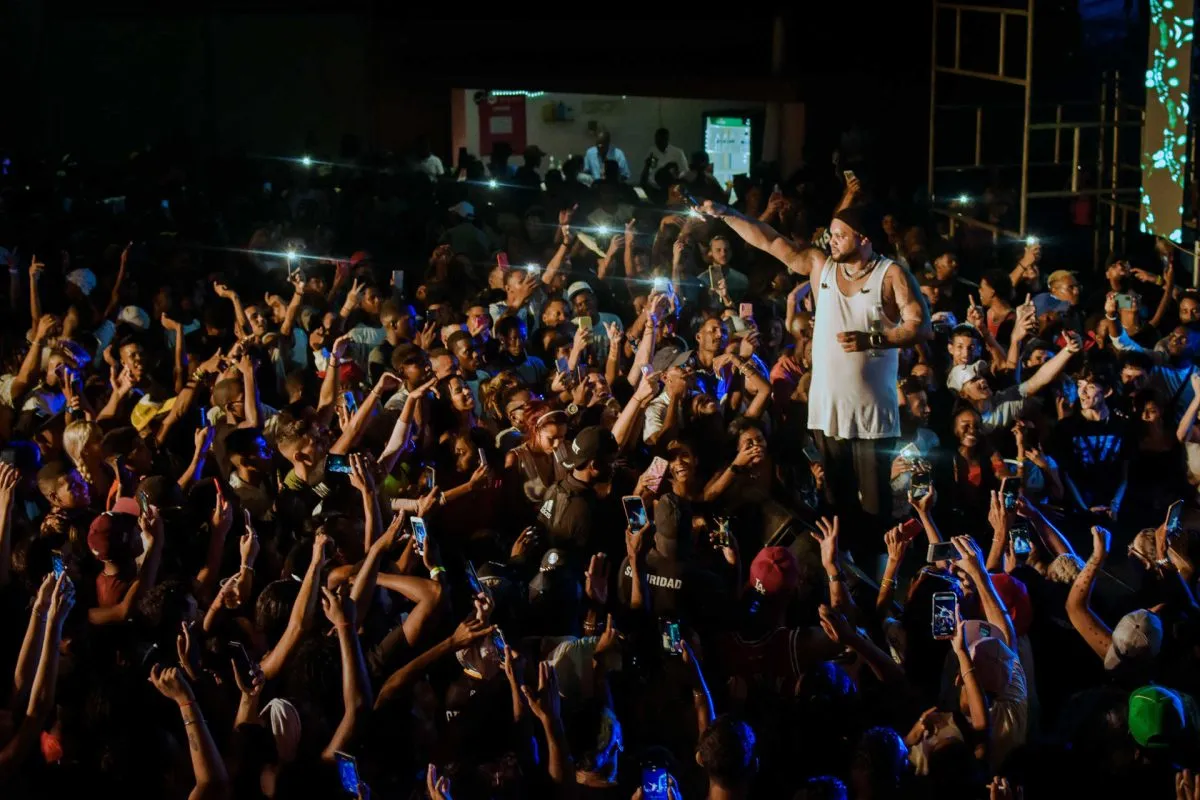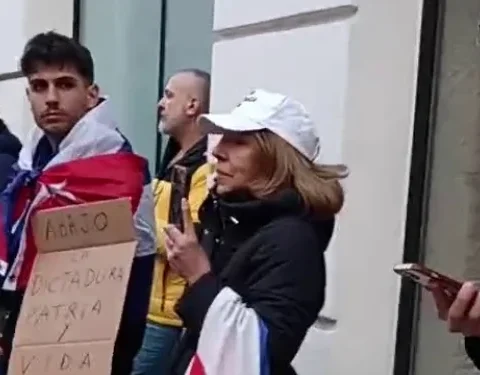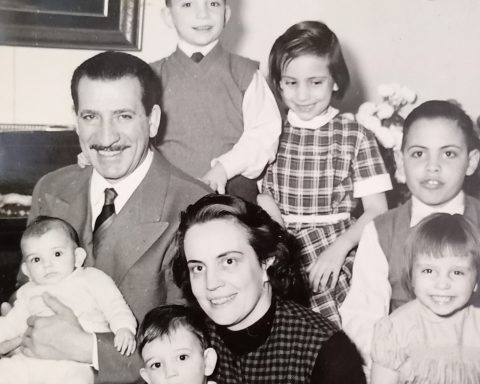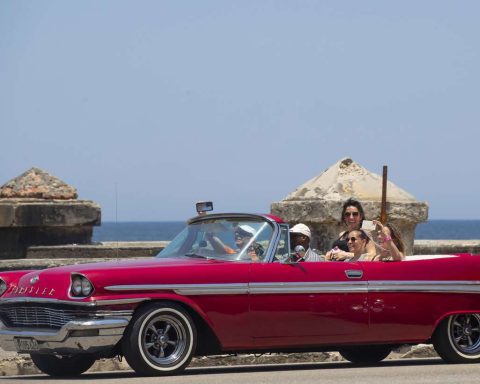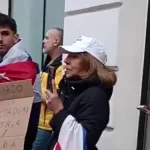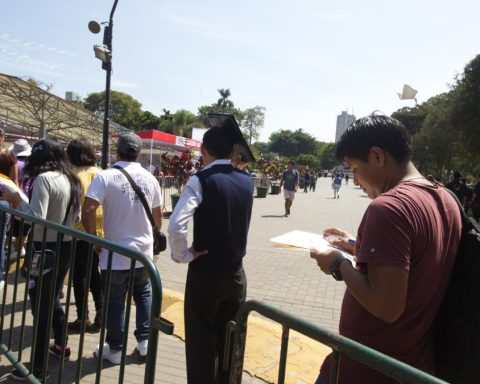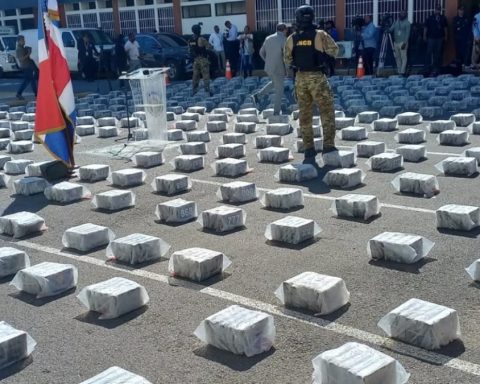HAVANA, Cuba.- The case of the urban artist known as The Taiger. Unfortunately, although it is not a surprise either, his state of health and his recovery have aroused less interest in cyberspace than his social background, his addictions and his links with criminals, factor the latter which, in the end, left him with a bullet in the head in the trunk of his own car.
About the tragedy What happened to the popular delivery man has rained down quite dissimilar criteria. Almost all of them, except for those who, in the height of antipathy and lack of humanity, have practically wished him dead, are partly right.
The most offended are those who consider that each circumstancefortuitous or forced, should be used to denounce the Cuban regime, make visible the cause of the political prisoners and the unbearable crisis of rights and everything imaginable that the Island is going through.
For them, the vigils and prayers dedicated to the Taiger are meaningless, as well as the mass of young people who, voluntarily, took to the streets in several provinces to sing his songs, in a joyful tribute who has made them enjoy his music so much.
The purists of high culture are also insulted, who see social and cultural barbarism in these demonstrations of solidarity, clear proof of the extent to which youth Cuban communicates with vulgarity, the marginal atmosphere and the message of popular music, generally posed at the antipodes of virtue.
From his point of view, the event has already mutated from a tragedy to a circus, a distasteful hullabaloo edged – it was missing more – with the statements of Lis Cuesta Peraza, Carlos Lazo and Ana Hurtado, who in their networks have expressed their concern about health of the Taiger.
Among so many feverish trials, encouraged by the frustration of seeing Cuba sink without Cubans, as a whole, being able to do something about it, and also because of the prejudices that, in many cases, are used to disguise cowardice and justify inaction in a scenario as peremptory as the current one, numerous opinion members take it for granted. that all the young people who took to the streets to sing are sheep and they have what they deserve.
It is logical to experience bewilderment when seeing that a people overwhelmed by misery and blackouts, forced to live in a state of terror, does not come en masse to vindicate their rights, but appropriates the public space to praise “an antihero” without understanding. of the political ring, accused of being an opportunist for his neutrality and converted now, while fighting for his lifethe target of renewed suspicion as a result of the votes for speedy recovery coming from emissaries of the same power that drags Cuba down through poverty and suffering.
Nobody knows, however, how many of those young people who went out to the streets from Guantánamo, Santiago de Cuba and Havana to pay tribute to the Taiger were in the protests of the July 11 and 12, 2021.
No one can affirm that they support this government that tries to ingratiate itself with them by showing a false interest in their idol, who is a mulatto of marginal origin, as are also Luis Manuel Otero and Maikel Osorbo, whom those same spokesmen publicly beat up with the worst qualifiers.
I hope that young people are able to perceive both the hypocrisy of the pronouncements officials, such as the benefit that the regime can obtain from this unexpected massiveness in the streets, without impediment of police or special troops, to accompany the Taiger in his agony.
Seeing so many young people walk with apparent freedom through the streets of the revolutionaries, chanting the hits of the “tank”, it is more difficult to get an idea of the repression that Cubans suffer, of the sadness and hopelessness that solidify in the homes of this Island.
Without ceasing to deplore that this impetus does not go out into the Antillean night to demand rights, the desire of young Cubans to express themselves freely and spontaneously as a community is understandable, even if the cause that motivates them seems frivolous or childish in the eyes of the rest of them. the society.
Hopefully one day in the not too distant future those energies will point to a more noble and beneficial objective for everyone; But for now we have to deal with the fact that a singer is more media-worthy than a political prisoner.
The image of triumph projected by urban artists – more effective the more fictitious – contrasts violently with the aura of martyrdom that surrounds the invisible figure of José Daniel Ferrer. A mostly impoverished youth, uninformed and out of fear she will not tip the balance in favor of the freedom of Cuba.
Beneath the collective action that has raised so many welts lies a pragmatic reality: mobilizing for the Taiger does not come with jail time; do it for the political prisoners, yes.
Of all this tragedy At least two conclusions can be drawn: the drawing power that urban artists have is enormous, and their insistence on staying away from the great pain that is Cuba is regrettable.
On the other hand, it is evident that there is still verve, passion and spirit, even if they are not channeled towards the most urgent and definitive purpose. That is, perhaps, the true explanation of the Cuban drama: we do not have freedom because we do not want it enough.
